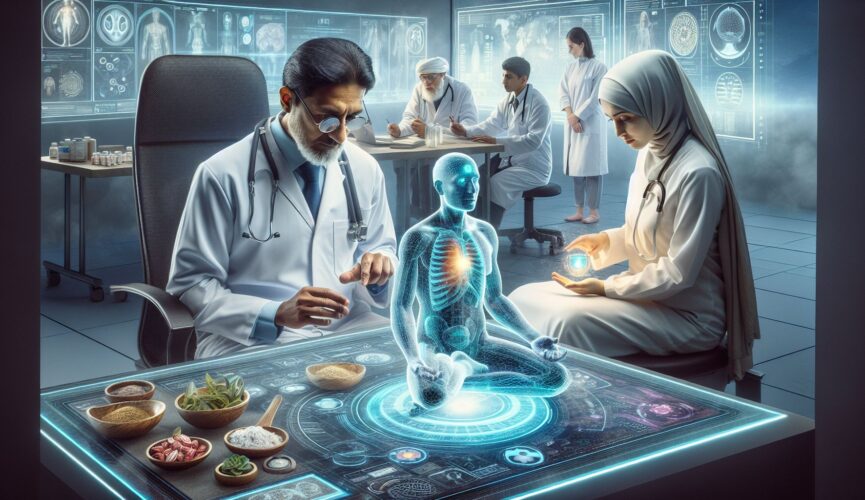In recent years, technology has revolutionized various aspects of our lives, and the field of medicine is no exception. From cutting-edge diagnostic tools to advanced treatment methods, technology has dramatically transformed healthcare, leading to improved patient outcomes and more efficient healthcare delivery. In this article, we will explore the profound impact of technology on medicine and its positive implications for both healthcare providers and patients.
Introduction: The Evolution of Medicine and Technology
Medicine has come a long way from its humble beginnings, and technology has played a pivotal role in its evolution. In the past, medical diagnoses heavily relied on physical examinations and limited imaging techniques. However, with the advent of technology, medical professionals gained access to powerful tools such as magnetic resonance imaging (MRI), computed tomography (CT) scans, and ultrasound machines. These innovations enabled doctors to visualize the internal structures of the human body, leading to more accurate diagnoses and timely treatments.
The Role of Technology in Patient Care
Technology has significantly impacted patient care, enabling healthcare providers to offer more personalized and efficient treatments. Electronic Health Records (EHRs) have replaced traditional paper-based records, streamlining patient information and reducing the risk of medical errors. Moreover, telemedicine has emerged as a groundbreaking technology, allowing patients to consult with healthcare professionals remotely. This has proven particularly beneficial in rural areas or during emergencies, where timely access to healthcare can be a challenge.
Revolutionary Treatment Methods
Thanks to technological advancements, innovative treatment methods have emerged, providing hope to patients with previously untreatable conditions. One such example is robotic surgery, a minimally invasive technique that offers greater precision and faster recovery times. Moreover, advancements in pharmaceutical technology have led to the development of new drugs and treatments, including targeted therapies and immunotherapies, offering hope to patients with various forms of cancer and other chronic diseases.
Enhancing Disease Prevention and Early Detection
Technology has also revolutionized disease prevention and early detection, thus increasing the chances of successful treatment outcomes. Wearable devices such as fitness trackers and smartwatches have enabled individuals to monitor their health in real time, promoting a proactive approach to wellness. Additionally, breakthroughs in genetic testing and genomic medicine have provided valuable insights into an individual’s predisposition to certain diseases, enabling healthcare professionals to devise personalized prevention strategies.
Conclusion
The integration of technology into the field of medicine has brought about unprecedented advancements, transforming healthcare as we know it. By improving diagnostic accuracy, revolutionizing treatment methods, enhancing patient care, and enabling disease prevention, technology has empowered healthcare providers to deliver superior care while fostering a patient-centric approach. As technology continues to evolve at a rapid pace, we can expect further advancements in the field of medicine, ultimately leading to improved health outcomes and a brighter future for all.
References:
1. Kvedar, J. C., Fogel, A. L., & Elenko, E. (2014). Digital medicine’s march on chronic disease. Nature Biotechnology, 32(5), 419-421.
2. Silva, B. M., Rodriguez-Monguio, R., & O’Connor, M. (2019). Telemedicine and patient satisfaction: a systematic review and narrative analysis. BMJ open, 9(8), e026487.
